Premium Only Content
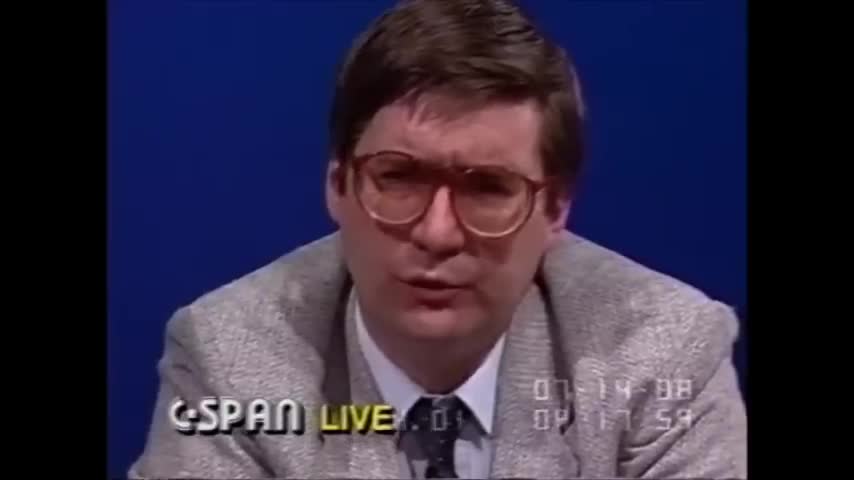
George Bush's Involvement with the CIA & the JFK Assassination (1988)
On November 29, 1963, exactly one week after the assassination, an employee of the FBI wrote in a memo that "Mr. George Bush of the Central Intelligence Agency" was given a briefing on the reaction to the assassination by Cuban exiles living in Miami. Some have alleged that the "George Bush" cited in this memo is the future U.S. president George H. W. Bush, who was appointed head of the CIA by president Gerald Ford in 1976, 13 years after the assassination. During Bush's presidential campaign in 1988, the memo resurfaced, prompting the CIA to claim that the memo was referring to an employee named George Williams Bush. However, George Williams Bush disputed this suggestion, declaring under oath that "I am not the George Bush of the Central Intelligence Agency referred to in the memorandum." On the website JFK Facts, author Jefferson Morley writes that any communication by Bush with the FBI or CIA in November 1963 does not necessarily demonstrate culpability in the assassination, and that it is unclear whether Bush had any affiliation with the CIA prior to his appointment to head the agency in 1976.
Bush biographer Kitty Kelley alleges that Bush was unable to remember his whereabouts on the day of Kennedy's assassination, despite the fact that this information is known. The day of the assassination, Bush flew to Tyler, Texas, to make an appearance ahead of his upcoming campaign for the U.S. Senate in 1964, and spoke to the FBI about a local who had threatened Kennedy. The previous day, Bush had been in Dallas to speak at an oil industry meeting. Morley has suggested the possibility that Bush's report to the FBI was a cover story, but cautioned that "speculation, however plausible, isn't evidence," and that Kelley is "not the most reliable of sources."
Those who believe that Bush may have been involved in the assassination have presented photographic evidence of a man resembling Bush in Dealey Plaza at the time of the assassination. However, Morley argues this evidence is weak, as no comparative measurements of the two men's facial features has been made. Bush was already an announced Senate candidate for several months by the time of the assassination and thus had received much press attention. No eyewitnesses have publicly recalled seeing Bush at the scene, though his opponent, incumbent Senator Ralph Yarborough, passed by in the presidential motorcade.
In September 1976, George de Mohrenschildt, a Dallas petroleum geologist and a friend of both Bush and Lee Harvey Oswald, wrote a letter to Bush, then director of the CIA, asking for his assistance. Mohrenschildt was being pressured by House Select Committee on Assassinations (HSCA) investigators to testify on the assassination, causing him to write the letter in distress. Bush responded to Mohrenschildt's letter, but said he would be unable to help. Mohrenschildt committed suicide six months later, before testifying to the HSCA. Morley argues that the letter's existence, and Bush's response, does not demonstrate guilt for either man, but merely that Bush was uninterested in questioning the CIA's account of the assassination.
https://en.wikipedia.org/wiki/John_F._Kennedy_assassination_conspiracy_theories
-
 LIVE
LIVE
Crypto Power Hour
1 hour agoWhat Coins Are The Backbone of The New Digital Revolution?
46 watching -
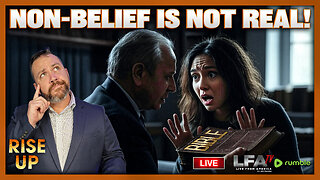 LIVE
LIVE
LFA TV
3 hours agoLFA TV ALL DAY STREAM - WEDNESDAY 8/27/25
6,443 watching -
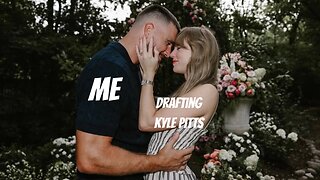 1:22:55
1:22:55
Game On!
18 hours ago $2.62 earnedBREAKING NFL NEWS: Taylor Swift and Travis Kelce Are Engaged!
29.9K11 -
 41:04
41:04
Coin Stories with Natalie Brunell
1 day agoCooking, Culture & Crypto: Norma Chu’s Food Empire Turns Bitcoin Treasury
24.8K -
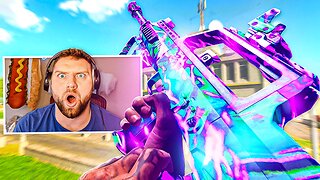 LIVE
LIVE
JuicyJohns
1 hour ago $0.15 earned🟢#1 REBIRTH PLAYER 10.2+ KD🟢
46 watching -
 1:21:19
1:21:19
JULIE GREEN MINISTRIES
3 hours agoDIRTY POLITICIANS WILL BE ARRESTED AND REMOVED FROM POWER
63.3K162 -
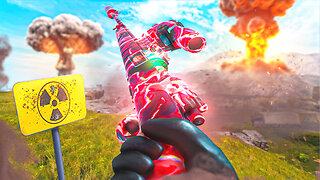 LIVE
LIVE
GritsGG
1 hour agoWin Streaking! Most Wins 3485+ 🧠
16 watching -
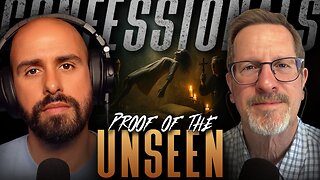 1:02:09
1:02:09
The Confessionals
22 hours agoThe Supernatural Proof You Can’t Ignore (When Angels and Demons Showed Up) | Lee Strobel
41.3K24 -
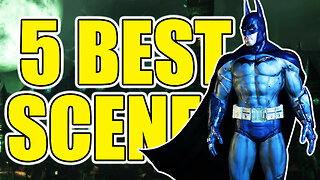 15:24
15:24
Degenerate Jay
22 hours ago $1.10 earned5 Best Moments In Batman: Arkham Asylum
23.4K1 -
 12:24
12:24
The Shannon Joy Show
16 hours ago🔥From Flock Cameras to Palantir: America’s Expanding Digital Cage🔥
23.4K2